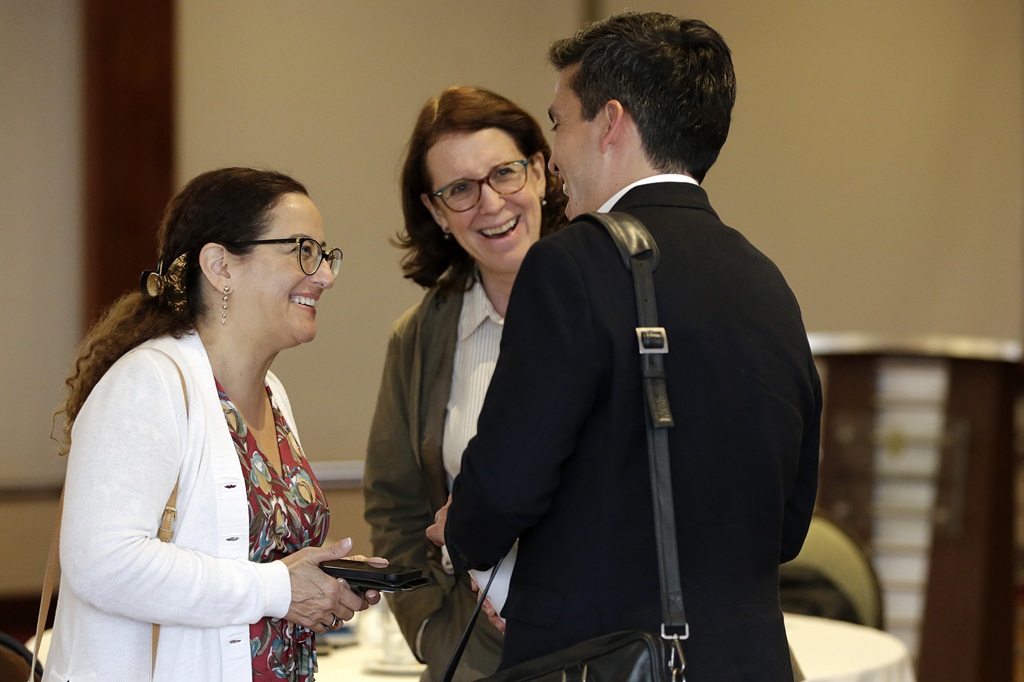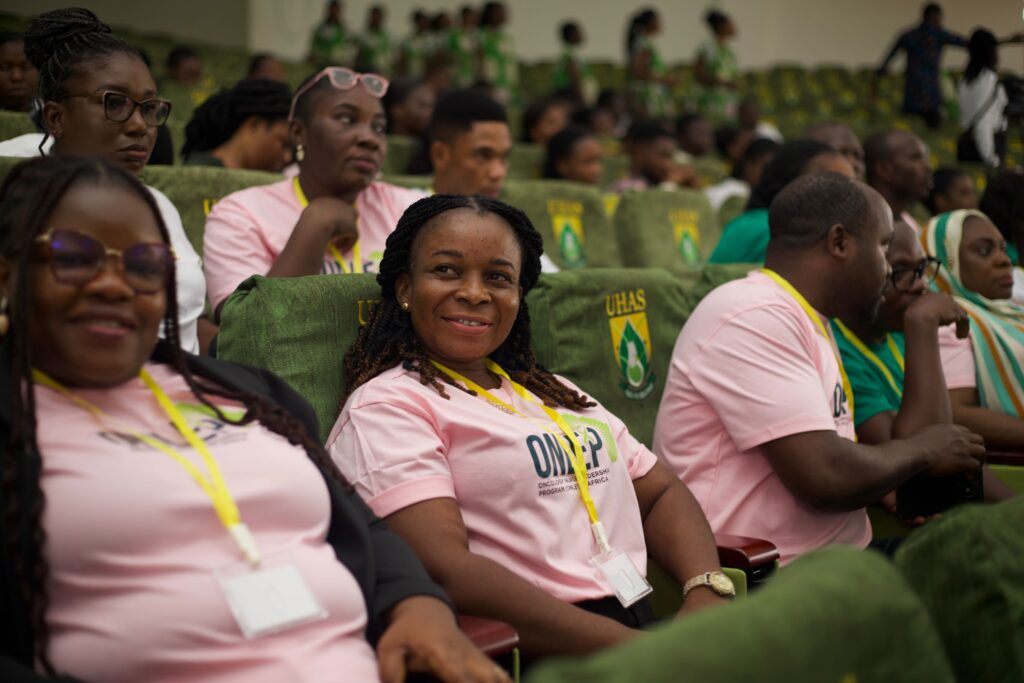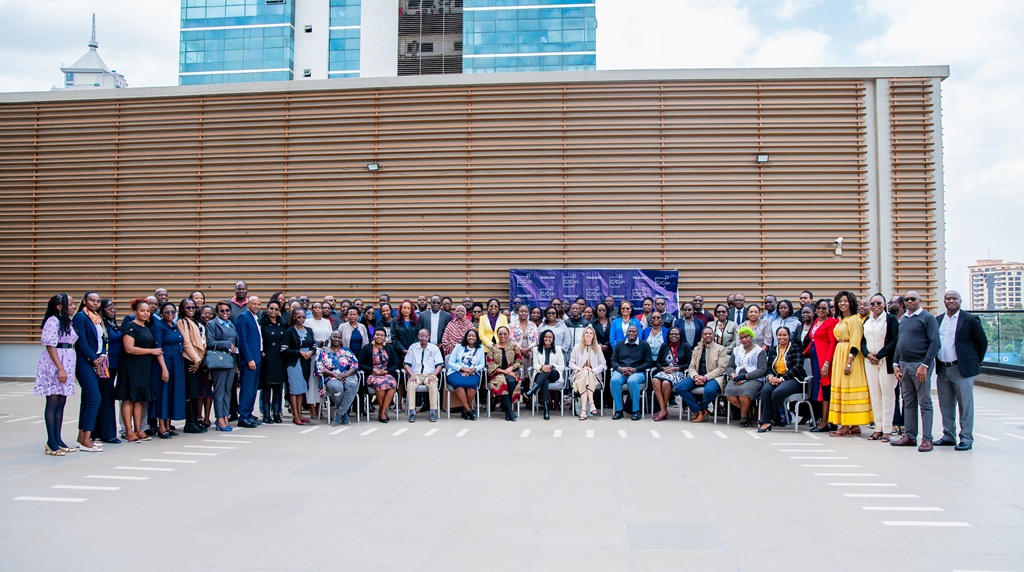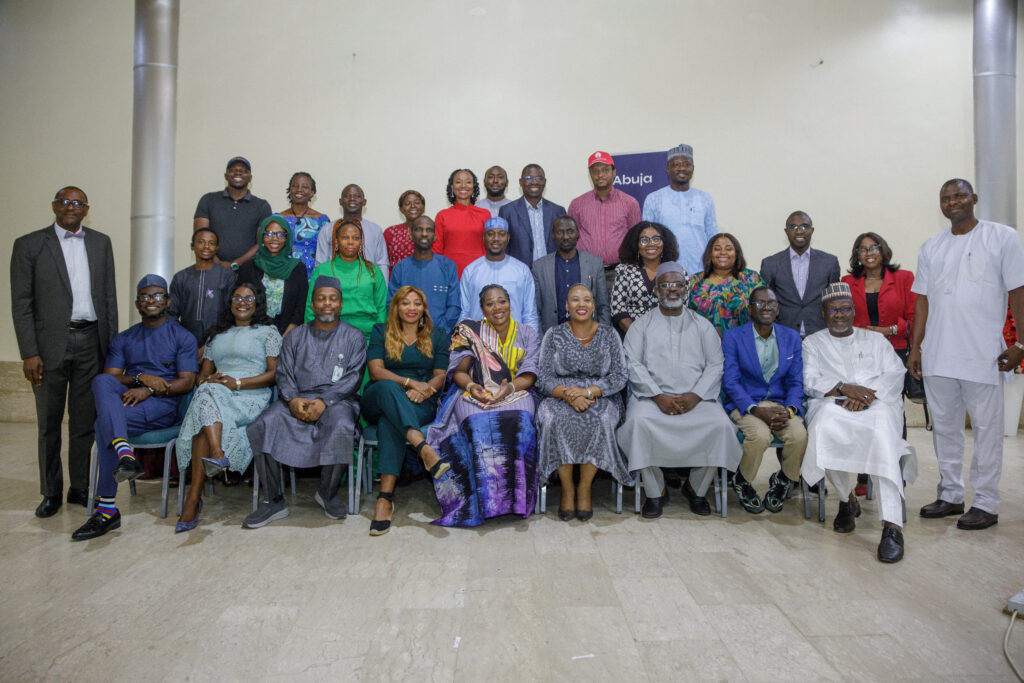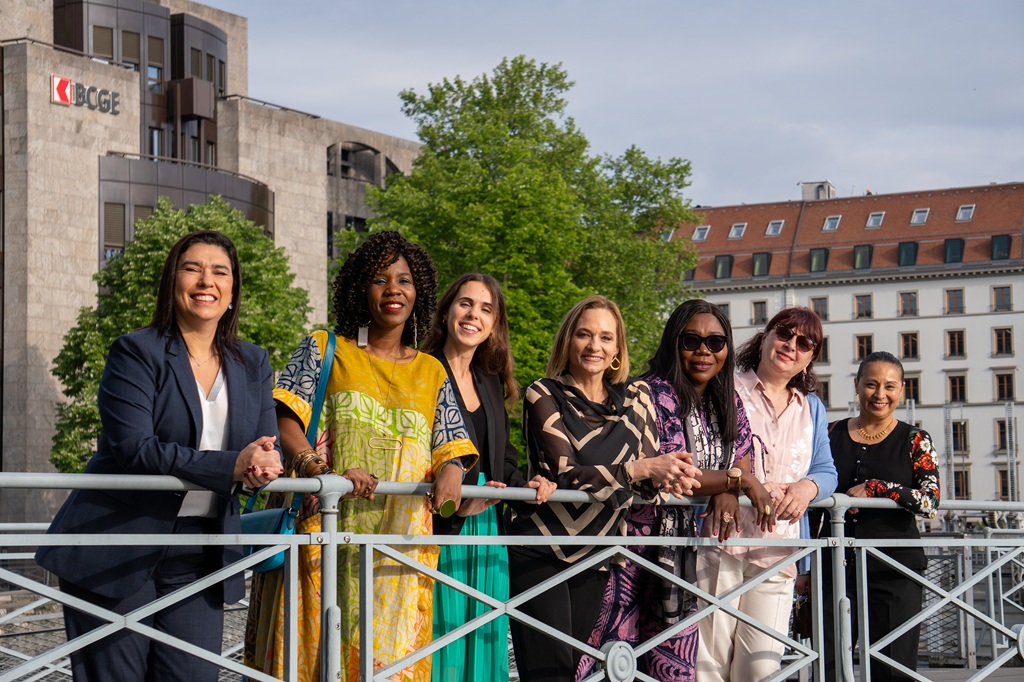
In this new Inside Story “episode” we showcase the role of our partners in helping to shape, and deliver City Cancer Challenge’s (C/Can) growing technical cooperation portfolio in response to city needs.
A multisectoral and multidisciplinary response
C/Can seeks to mobilize and engage a truly multi-sectoral group of partners to provide expertise, in-kind and financial support throughout the design, development and implementation of activities at global, regional and city levels.
”Local and global partners are engaged from the very beginning of the initiative in each city. We are able to complement and build on existing local knowledge and expertise by leveraging the unique experience, knowledge and reach of our partners. This allows us to provide a comprehensive, and locally-adapted response to the needs identified through the C/Can city process”. Isabel Mestres, Director, Global Public Affairs, City Cancer Challenge
¿What do we mean by partners?
Key partners of C/Can represent stakeholder groups essential to ensure the success of the challenge, including INGOs, professional associations, UN Agencies, bilateral and multilateral agencies, private companies, government and city leaders. They can contribute to the development and implementation of actions to address gaps identified in a city based on their respective area of expertise and sphere of influence.
See C/Can’s current partners here.
The value of a “co-creation” approach
C/Can partnerships are already showing value by crowding in expertise and bringing the right stakeholders together. Partnerships with health professional associations such as the American Society of Clinical Oncology (ASCO), American Society for Clinical Pathology (ASCP), and the International Society of Nurses in Cancer Care (ISNCC), regional palliative care associations, among others, have been essential to respond to key common local needs, for example, strengthening the quality of pathology services, and building capacity to deliver multidisciplinary cancer management.
C/Can has also facilitated technical cooperation to deliver radiotherapy development plans and quality assurance guidelines with International Atomic Energy Agency (IAEA)-designated experts.
In each case, C/Can works closely with local stakeholders and partners to determine the most appropriate mechanisms for technical cooperation support which may include: expert visits, city-to-city exchange, capacity building/training.
Continuous learning and adaptation
Critically, experience in each city is being used to adapt, refine and improve C/Can’s technical cooperation offer. In the area of multidisciplinary care, for example, to ensure that learnings from a first set of cities could be leveraged for others, C/Can worked with a small group of experts and organizations to create a suite of guidance documents to support the development and implementation of city projects that address the standardisation of quality care. These include a template manual and regulations on quality management systems in pathology laboratories, a guide to prepare a quality radiotherapy services plan, and guidance to conduct city-level adaptation of guidelines for the management of invasive breast and cervical cancer.
What’s next?
The delivery of technical cooperation in C/Can recognises the critical importance of involving the city’s cancer care community in the design and development of solutions, whilst providing access to external expertise as needed. Harnessing the expertise of specialized partner organisations and developing a network of like-minded professionals in C/Can cities is proving to be effective in maximizing the impact, reach and sustainability of C/Can’s technical cooperation activities.
“C/Can has a critical role to play in coordinating and combining the strengths of local stakeholders and global experts to join forces to ensure that standard quality cancer care is available for all patients,” Vanessa Eaton, Director of International Education, Department of International Affairs, American Society of Clinical Oncology (ASCO)
As we continue to build an evidence base around “what works” in the delivery of technical cooperation for cancer care, we expect our current C/Can cities to increasingly become the experts and drivers of technical cooperation in new cities. Together they are forming a rapidly growing network able to connect and share learning, knowledge and expertise.
